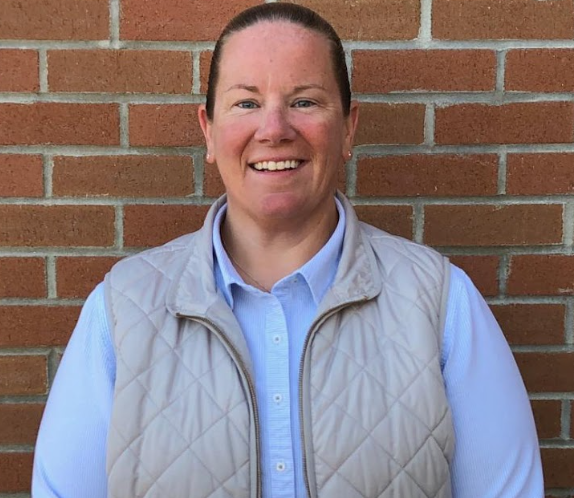Banned Books in 2022
February 16, 2022
January 27th is International Holocaust Remembrance Day. Yet, a mere few weeks prior, in McMinn County, Tennessee, Maus, a graphic novel by Art Spiegelman detailing his parent’s harrowing story surviving the Holocaust, was banned from the county’s eighth-grade curriculum. This specific banning is just one example of a slew of bannings on books across the country, which symbolizes the country’s cultural need to ignore the parts of history that are deemed “too difficult to talk about.”
In the case of McMinn County, Maus was banned citing inappropriate language and nudity. Though many believe this banning to be motivated by antisemitism, that the county doesn’t want to teach the Holocaust, Spiegelman disagrees. In an interview with New York Magazine, he noted, “They want to teach the Holocaust…they just want a friendlier Holocaust to teach.”
Arguably just as problematic, because teaching a “friendlier,” more positive Holocaust isn’t teaching the true Holocaust, but the version we as a society find more digestible. Many Jewish people across social media have also argued that, “If Jewish children were able to live through the Holocaust then children now can learn about it.” And, it’s certainly an argument worth entertaining. Eighth graders are old enough to learn about the Holocaust, and other serious issues, like slavery, beyond a basic level. And, we, as a society, have to decide whether it’s more important to keep thirteen-year-olds from reading a book with curse words or to teach them about the Holocaust. I, for one, choose the latter.
Maus is one of many books recently banned. In the past few weeks alone, there have been movements across the country to ban hundreds of books, specifically in Texas. Though many have been unsuccessful, the notion of banning books because they tell different, often unheard, perspectives, such as those of women, POC, and members of the LGBTQ+ community, is a terrifying one. The further we tread the line of controlling the narratives and history that children learn, the closer we get to repeating history.
This country wants to tell stories that leave us with a distorted sense of history, because it’s easier, but learning history isn’t supposed to be easy. It’s supposed to be truthful.











